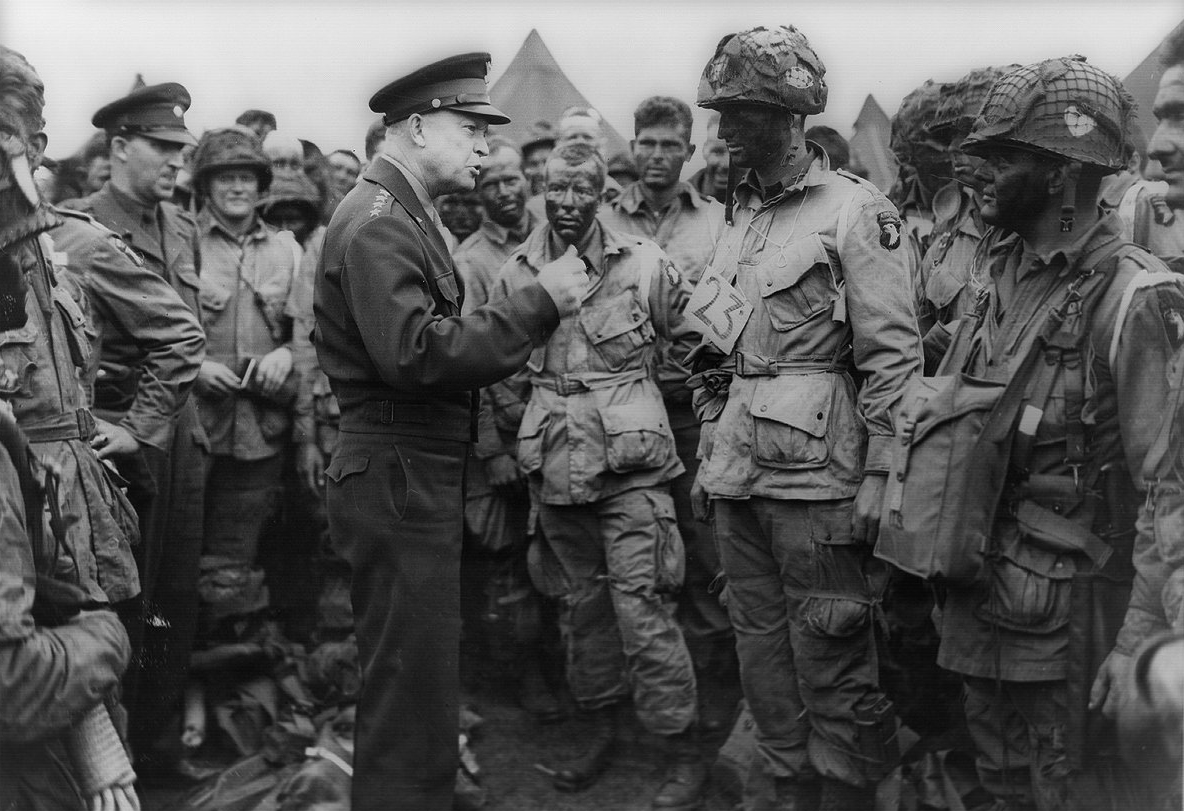Views expressed in opinion columns are the author’s own.
When I served as a paratrooper in the Israeli Defense Forces, my fellow soldiers and I would often sit around smoking some cigarettes, rifles resting on our laps, and contemplate potentially being sent to war, seeing combat and even dying. When you are a combat soldier, the prospect of war and your mortality are always on your mind. Soldiers can be sent to fight at any moment and regularly prepare for these possibilities.
To cope with such constant deliberations over one’s mortality and to assuage fears of being thrust into war, soldiers place faith in themselves, their teams and their superiors. The superiors’ decisions are of paramount consequence, as they determine whether or not soldiers go to war and potentially give their lives for their country. Soldiers hope their decision makers know the sacrifices they will be making and do not take their responsibilities lightly.
In the United States, as in many countries throughout the world, the commander in chief is the top elected politician in the country. While the founders of the United States created this role to ensure separation between the military and the government to prevent possible military dictatorships, the problem remains that our current commander in chief and some of his recent predecessors have no idea what it is like to be a soldier; soldiers are mere numbers on a page to them.
In 1968, in the midst of the Vietnam War, David Eisenhower and Julie Nixon — the grandson and daughter, respectively, of United States presidents — had a luxurious wedding. John Fogerty disgustedly depicted this union in his song, “Fortunate Son.” Fogerty, an Army reservist, could not stand that “none of these people were going to be too involved with the war.” Though they descended from two power-wielding leaders, they and other “senator’s son[s]” like them were at little risk of being sent to battle in Vietnam. The political leaders presiding over one of the bloodiest wars in American history neither had a personal stake in the fighting nor understood the sacrifices the troops were making for the politicians’ political war. This disconnect is unacceptable.
Compare this gap in understanding to one of the many American presidents who served the United States as a soldier, Dwight D. Eisenhower. One of the most famous pictures of World War II is of Eisenhower addressing the troops of the 101st Airborne Division before they parachuted into Normandy on D-Day. Eisenhower knew the sacrifice these young men accepted on both the country’s and his behalf, and tendered his respect and encouragement to the paratroopers on the eve of their most vital battle.
People like him, who have experience leading men, sacrificing as a foot soldier and dealing with tragic losses, should be the standard and not the exception for the role of commander in chief. Leaders would then, in the words of Eisenhower, “hate war as only a soldier who has lived it can, only as one who has seen its brutality, its futility, its stupidity.” They would subsequently employ war as a last resort, “only as a means of sustaining the forces of good against those of evil.”
To ensure the commander in chief is both a worthy individual for this responsibility-laden role and not an active military member who could possibly overthrow the government, the position should be removed from the office of the president and should merit its own elected office. If these measures are enacted, soldiers will rest assured that, though they might one day sacrifice their life for their country, their leaders won’t blindly “send you down to war.”
Joseph Kuttler is a freshman English major. He can be reached at Jkuttler@umd.edu.



